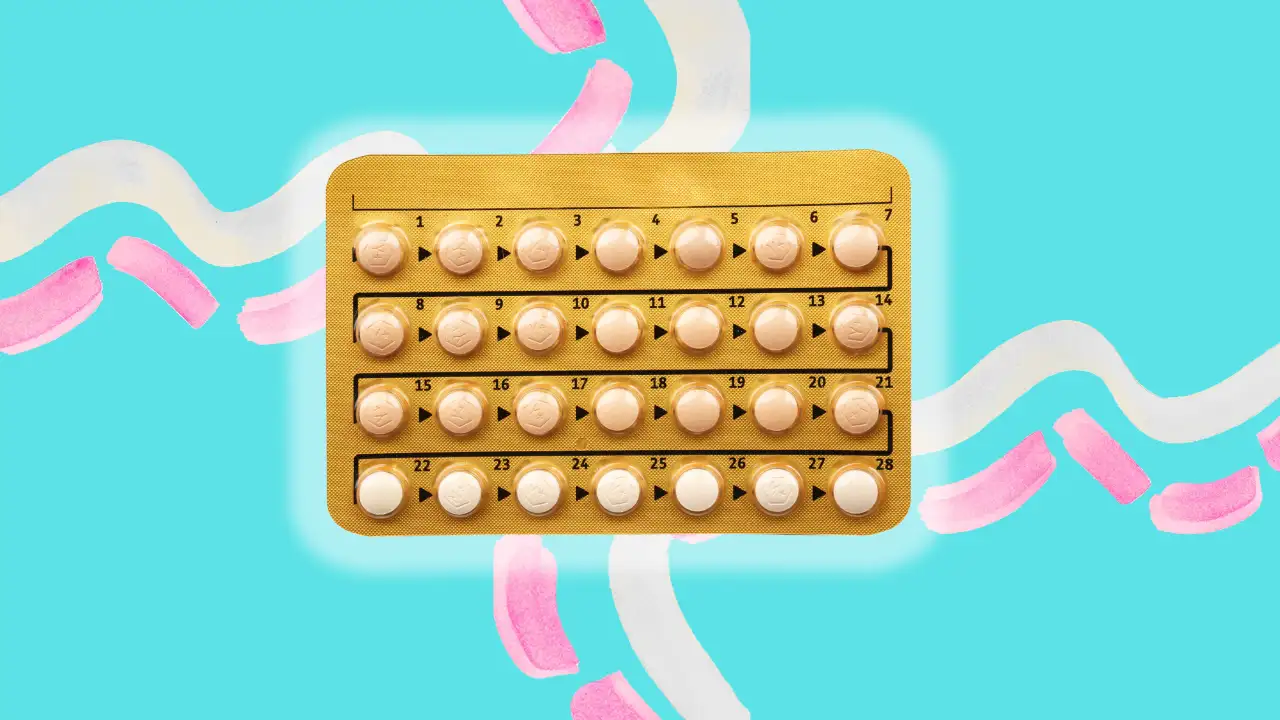In recent years, social media influencers have increasingly promoted natural birth control methods, claiming they are safer and healthier than hormonal contraception. While these claims often gain traction online, experts warn that misinformation can lead to unintended pregnancies and potential health risks. Understanding the science behind birth control options is essential to making an informed decision.
The Rise of Natural Methods on Social Media
Platforms like TikTok and Instagram have seen a surge in content promoting fertility tracking apps, herbal supplements, and temperature-based methods as alternatives to hormonal birth control. These methods appeal to those seeking a “chemical-free” approach, but medical research, such as information from Planned Parenthood, shows that natural methods have significantly higher failure rates compared to hormonal contraceptives. Influencers often share personal anecdotes that resonate with followers, but these stories can overshadow scientific evidence. Studies have found that content about contraception on social media is often unreliable and rarely created by medical professionals, leading to a distorted understanding of the real risks and benefits.
Effectiveness and Health Considerations
Hormonal birth control methods, including oral contraceptives, IUDs, and patches, are among the most effective ways to prevent pregnancy, with failure rates under 1% when used correctly. In contrast, fertility awareness methods can have failure rates as high as 9%, according to research published by the Centers for Disease Control and Prevention. While hormonal options can have side effects like mood changes, headaches, or breast tenderness, most are mild and manageable. Rare but serious risks, such as blood clots, are generally limited to specific high-risk groups. Medical experts emphasize that the benefits of hormonal birth control often outweigh the risks, especially when preventing unplanned pregnancies, which carry their own health concerns. Resources like the American College of Obstetricians and Gynecologists provide evidence-based guidance to help patients and healthcare providers choose the best method for individual needs.
Why Professional Guidance Matters
Decisions about birth control should be based on personal health history, lifestyle, and goals, not solely on trends seen online. Speaking with a qualified healthcare provider ensures a more accurate assessment of the pros and cons of each method. Websites such as Mayo Clinic offer comprehensive information on both hormonal and non-hormonal contraception options. Relying on social media advice can lead to incomplete or misleading conclusions, particularly when influencers lack medical expertise. Ultimately, expert guidance is the most reliable way to balance safety, effectiveness, and personal preference in birth control decisions.



